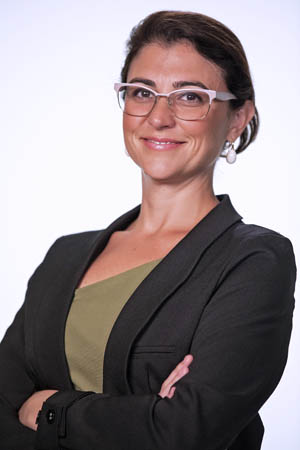When healers need healing: The health care burnout crisis

Health systems don’t collapse without warning. A nurse leaves in the middle of her shift. A doctor closes a practice or relocates to the United States. Medical providers stop accepting new patients. In Puerto Rico, we experience these situations daily and have seemingly become accustomed to them.
In health care, productivity is often confused with good care. Seeing more patients is equated with keeping more people healthy. This perception, however, is far from reality.
As evidenced by the recent Puerto Rico Healthcare Workforce Study, health care professionals and institutions on the island face widespread burnout, with systemwide effects and implications. According to the report, approximately 92% of nurses report burnout, far exceeding the national average of 81%. Simultaneously, 83% of doctors report experiencing the phenomenon. Most worrisome is the fact that only 42% of nurses plan to continue working in the field, while more than half of medical specialists are considering leaving the island.
Professional burnout is not the result of personal weakness; it is a symptom of a stressed system. For instance, 70% of doctors in Puerto Rico report working more than 40 hours per week. They spend twice as much time on administrative tasks as their counterparts in the United States. Meanwhile, nurses spend 42% of their time on administrative tasks. A full 91% of them consider reducing workload to be the most impactful strategy to address burnout.
In our consulting work and previous research, we have seen similar patterns in stressed health care systems: administrative overload, outdated processes, lack of control, sicker patients. It all leads to a growing disconnect between what health care professionals are trained to do — provide care — and what is required of them: handling forms, completing checklists and managing billing processes.
Health care administrators, leaders and policymakers must be on the lookout for symptoms of systemwide stress and professional burnout. When health care professionals ask for relief, they must be heard. They don’t ask to serve less — they ask that we stop treating them as machines. Ultimately, they want to do what they were trained to do: to care, heal and serve.
The path to tackling burnout in health care requires overhauling the very system that makes medical professionals sick. We must support individual well-being through lifestyle interventions. We need our caregivers in their best shape, but we must also provide mechanisms to improve their quality of life and working conditions.
This undertaking involves rethinking clinical workflows, reducing administrative redundancies, investing in team care models, promoting lifestyle medicine and using technology as a liberating tool — not a burden. More importantly, we must stop treating staff well-being as a secondary element.
The well-being of our health care workforce must become a strategic priority, integrated into the daily management, operations and service delivery of all health organizations. Daily decision-making should be guided by empathy. Our professionals cannot continue to heal patients while they themselves are unwell. Puerto Rico can lead this necessary transformation — with intention and integrity — and serve as a model for national reform.

María Fernanda Levis is CEO of Impactivo and a consultant for health centers, hospitals, pharmaceutical companies, insurance companies, nonprofits and governments in New York, Washington, D.C., and Puerto Rico on issues related to health systems transformation, patient-centered approaches, health policy and financing.
She holds Master of Public Administration and Master of Public Health degrees from Harvard University. She is also an NCQA Patient-Centered Medical Home Certified Content Expert and a Robert Wood Johnson Foundation Fellow.




